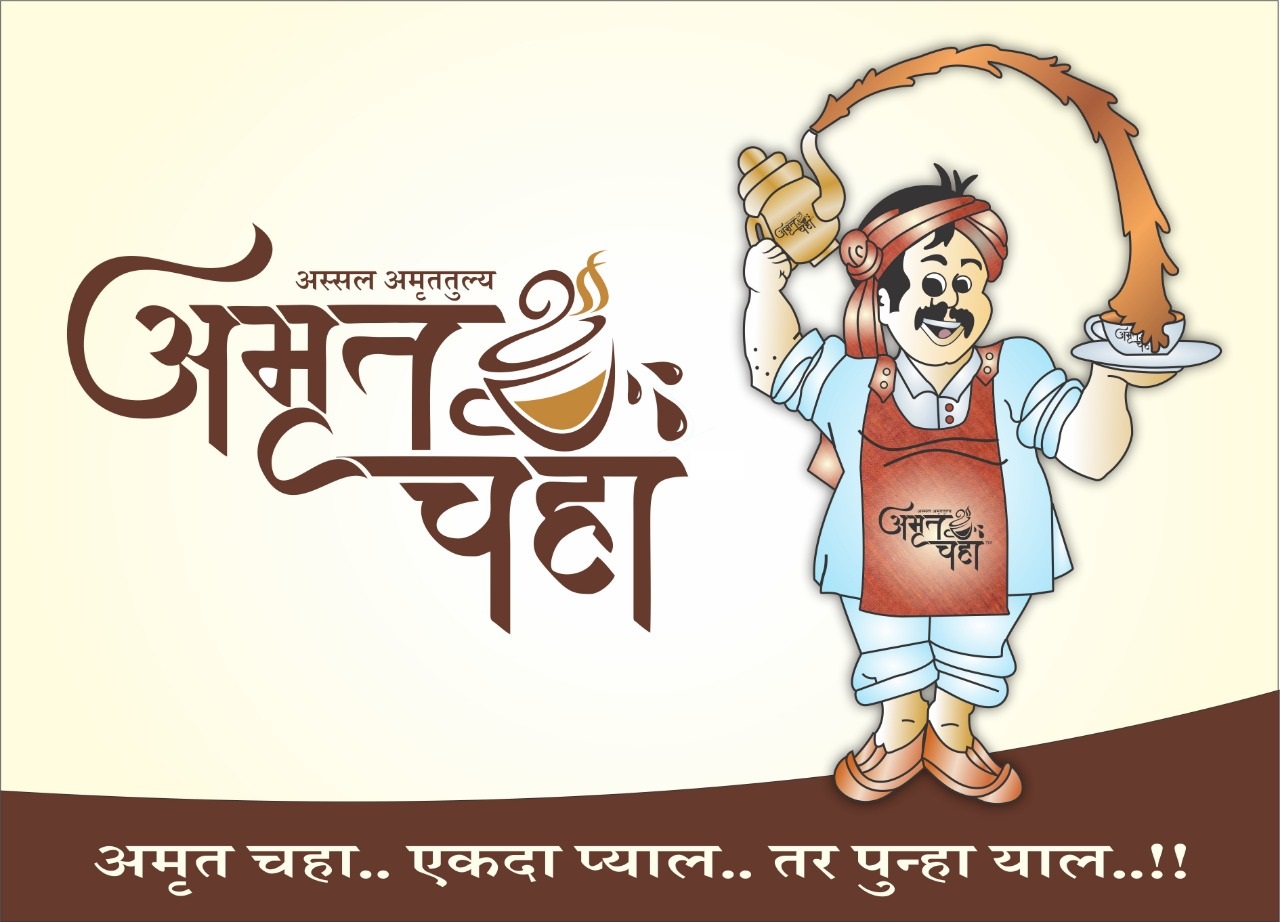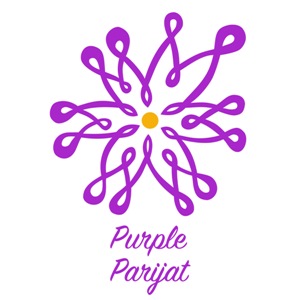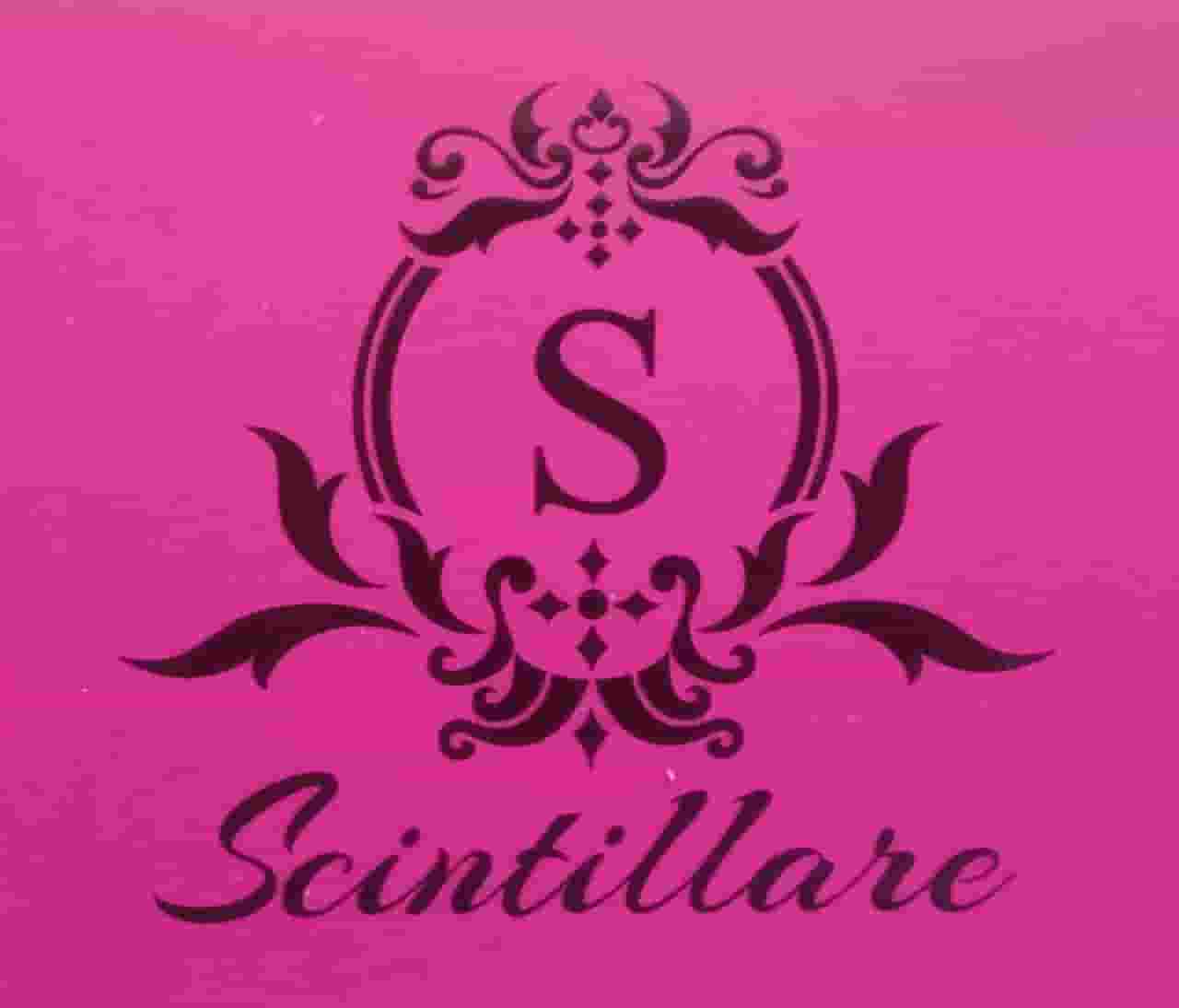What is Copyright Registration ?
Copyright Registration confers upon its owner sole rights to copy or reproduce the work or grant permission to another to do so. The applies to literary (books, scripts, even software) and audio-visual (music, photographs, movies) works. Business entities often copyright instruction manuals, product literature and user guides. Copyright certificate is usually owned by the creator of the work, but may also be owned by the employer of its creator or the person who has commissioned the work (unless there is an agreement to the contrary in either case). Copyrights are also transferrable.
A copyright is essentially a right not to copy someone’s work. A copyright gives the owner of the subject an exclusive right over his work. If a work is protected by copyright registration, no one can imitate, copy or reproduce the original work in any other way. A term of copyright in India is 60 years. Copyright application can be made for the following works:
Copyright registration in Nagpur,Delhi NCR, Mumbai, Bengaluru, Chennai & all other Indian cities through HerambIndia.
Music
Books
Manuscripts
Films
Fashion Designs
Training Manuals
Software
Literary Work
Performance
Paintings etc
The register of the Registrar of Copyrights is divided into 6 categories:
PART – 1: Literary works other than computer Programs
PART – 2: Musical Works
PART – 3: Artistic Works
PART – 4: Cinematography Films
PART – 5: Sound Recording
PART – 6: Computer Programs, tables & Compilations
Copyrights are protected by “THE COPYRIGHT ACT, 1957” though there have several amendments to the act.
Advantages of Copyright Registration
There are multiple reasons to choose private limited company
Legal Protection
Creators of original works always enjoy legal protection when their work is reproduced without authorisation. Copyright Registration, however, makes it much easier to protect this original work against infringement.
Market Presence
By registering a copyright, a public record of your work is created and a proof of ownership is established for your creative work. It can also be used in marketing and for building goodwill in the mind of the customer.
Rights of the Owner
The owner of a copyright has the rights over reproduction, dissemination, adaptation and translation of the work. There could be slight variations in the composition of the rights depending on the work.
Essential Facts on Copyright Registration
Why bother to register copyright?
Copyright recognises the exclusive rights of the creator over an original work. Music, books, manuscripts, software, films, fashion designs, even brochures and training manuals all enjoy copyright protection, even without registration. Basically, the moment you create an original work, you are its exclusive owner. However, in the commercial world, the reason why artists, publishers and corporates still bother to register the copyright on their work is that it’s the only way to approach the courts in case of a dispute.
What is the purpose of the copyright registrar?
The copyright registrar primarily serves as an office of record, a place where claims to copyright are registered and documents related to copyright are recorded. The office furnishes information about the provisions of the copyright law and the procedures for making registration, to explain the operations and practices of the copyright office, and to report on facts found in its public records.
What copyright protection do I get?
Copyright protection arises automatically the moment the author fixes the work in a tangible form (for instance when a writer writes her story) without the author having to do anything. Registering your work with the registrar of the copyright office is basically a copyright protection insurance policy. It creates a public record of the work and you can then sue anyone for copyright infringement. Furthermore, this registration is only recognised prima facie if done within five years of the creation of the work. It isn’t as if you can just postpone registration until someone actually does steal your work.
How would another party prove rights to my work?
Another party will need to prove their right to the work by showing they had a pre-existing copyright claim to the work, proving that you permitted its use, that you didn’t actually create the work or that you stole the copyright from them.
What are performer's rights?
Any person hearing it could by taking down the lecture or story in shorthand reduces it to material form. Similarly, music could be recorded on tape. Therefore, do the persons who first reduced the performance to a material form become the copyright owners of the lecture, story or dramatic performance or music? This is not so, as certain special rights (performer's rights) have been conferred upon any performer of his performance. The performer in this context includes an actor, singer, musician, dancer, acrobat, juggler, conjurer, a person delivering a lecture or any other person who delivers a performance.
Can I copyright a film or sound recording?
In case you want to copyright a video, film or an audio recording track, it is recommended that you get an NoC from all the people involved in its making. This will protect you from any objections from them at a later date. This has become imperative now after the latest Supreme Court guidelines on sound recording and cinematography copyright registration.
Why should one get their work registered under the copyright law?
It is not mandatory to get copyright protection but always advisable to do so because it will give the owner a certain set of minimum rights over his work and the protection that no one will be able to copy his work for a minimum period of time. This satisfaction will always motivate the owner to do more work and create more items.
What is the procedure to obtain a copyright registration?
To obtain the copyright registration the following process has to be followed:
An application (including all the particulars and the statement of the particulars) in the format of FORM IV has to have to be sent to the registrar along with the requisite fees (mentioned in the Schedule 2 of the act.)
Every application has to be signed by the applicant as well as an Advocate in whose favor a Vakalatnama or a POA has been executed
The registrar will issue a Dairy No. and then there is a mandatory waiting time for a period of 30 days for any objections to be received
If there are no objections received within 30 days, the scrutinizer will check the application for any discrepancy and if no discrepancy is there, the registration will be done and an extract will be sent to the registrar for the entry in the Register of Copyright.
If any objection is received, the examiner will send a letter to both the parties about the objections and will give them both a hearing.
After the hearing, if the objections are resolved the scrutineer will scrutinize the application and approve or reject the application as the case may be.
 Data Search
Data Search  Instant contact with our Certified IP lawyers
Instant contact with our Certified IP lawyers Dedicated professional allotted throughout the process
Dedicated professional allotted throughout the process  Completely online process with Email/Phone support
Completely online process with Email/Phone support Get notified on every step
Get notified on every step Comprehensive advice from copyright lawyers
Comprehensive advice from copyright lawyers









